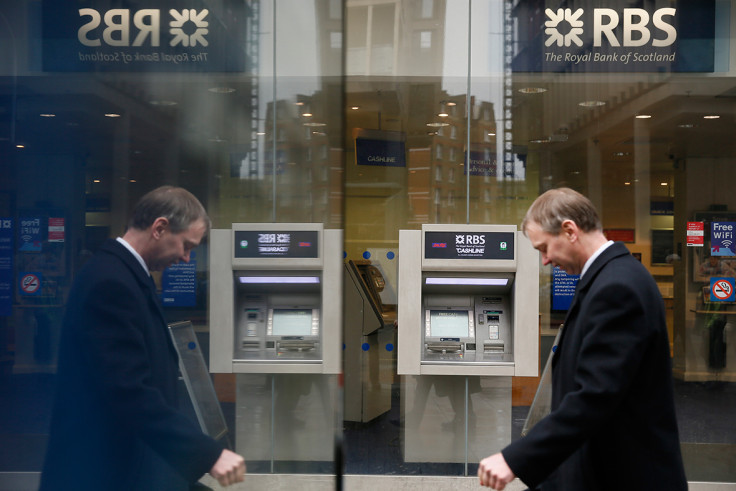Loss on Government's RBS stake sale almost doubles to £1.9bn
National Audit Office says sale was 'value for money' even though the loss exceeds the £1.1bn forecast

Taxpayers were left nursing a much bigger than expected loss after the Government's decision to sell shares in Royal Bank of Scotland (RBS), the National Audit Office (NAO) revealed.
In August 2015, UK Financial Investments Limited (UKFI), which manages the government's stake in the bailed-out bank, raised £2.1bn ($2.7bn) after selling a 5.4% stake in the FTSE 100-listed lender to investors at 330p per share.
The sale attracted severe criticism, as the Government opted to sell the bank's shares, which had tumbled 8% in the three days preceding the sale, while they languished at a 52-week low. The sale was forecast to represent a £1.1bn loss for taxpayers, based on the price at which the Government had put together a £45.5bn bailout during the financial crisis.
However, in a report released on Friday (14 July), the NAO said the losses stemming from the share sale totalled £1.9bn, though it added the shares were sold at a price within the "fair value range" and that the sale was "well planned and organised and represented value for money".
"The sale was consistent with HM Treasury's overarching objective to not be a permanent investor in UK financial institutions, and UKFI's objective to execute a strategy for disposing of investments in an orderly and active way," said NAO's Comptroller and Auditor General Sir Amyas Morse.
"It was executed as skilfully as could reasonably be expected, and on the basis of the preparation, process and proceeds of the transaction, UKFI achieved value for money."
In April this year, Chancellor Philip Hammond admitted the government could sell its remaining 72% stake in the lender at a loss.
Hammond told MPs that the government remains committed to returning the taxpayers' stake in the lender to private hands as soon as "fair value" is achieved.
But he warned that that fair value could be less than what the previous government paid to acquire the stake in 2008.
"Our policy remains to return the bank to private hands as soon as we can achieve fair value for the shares, recognising that fair value could well be below what the previous government paid for them," he said.
"We have to live in the real world and make decisions on the future of our holding in RBS in the best interests of taxpayers."
RBS' fortunes are in stark contrast with that of fellow banking giant Lloyds, which fully returned to private ownership in May when the government sold its final stake in the bank, making an overall profit of £900m.
© Copyright IBTimes 2025. All rights reserved.






















